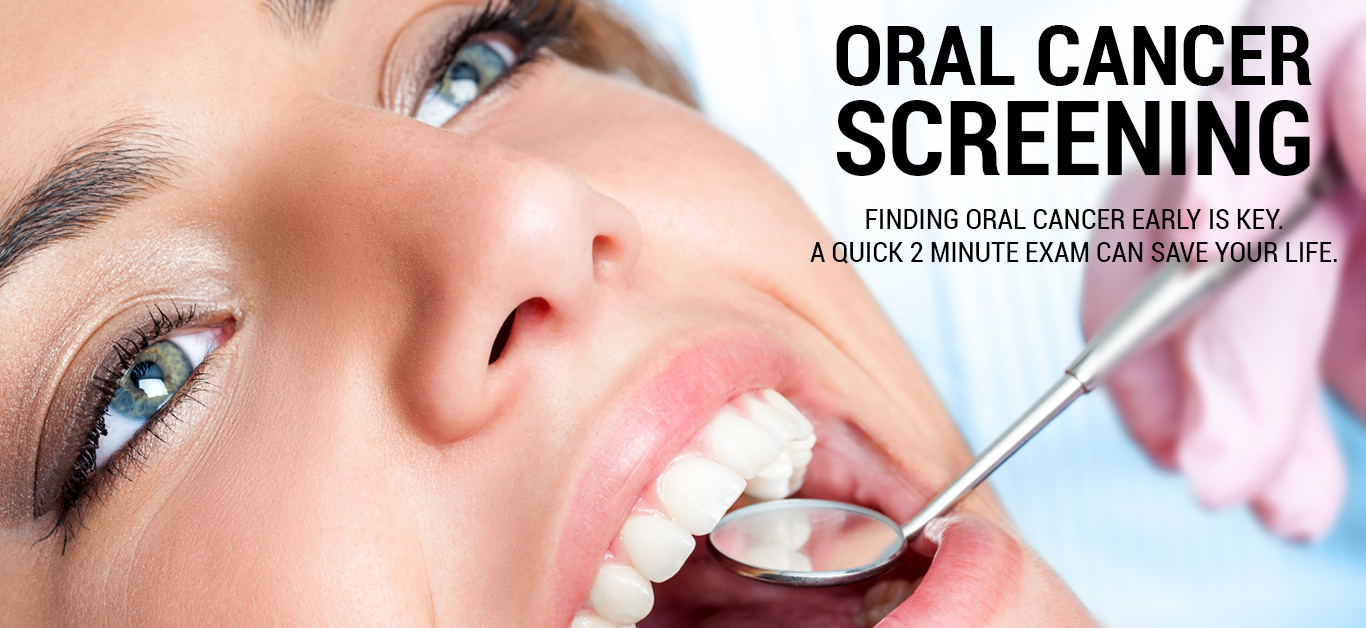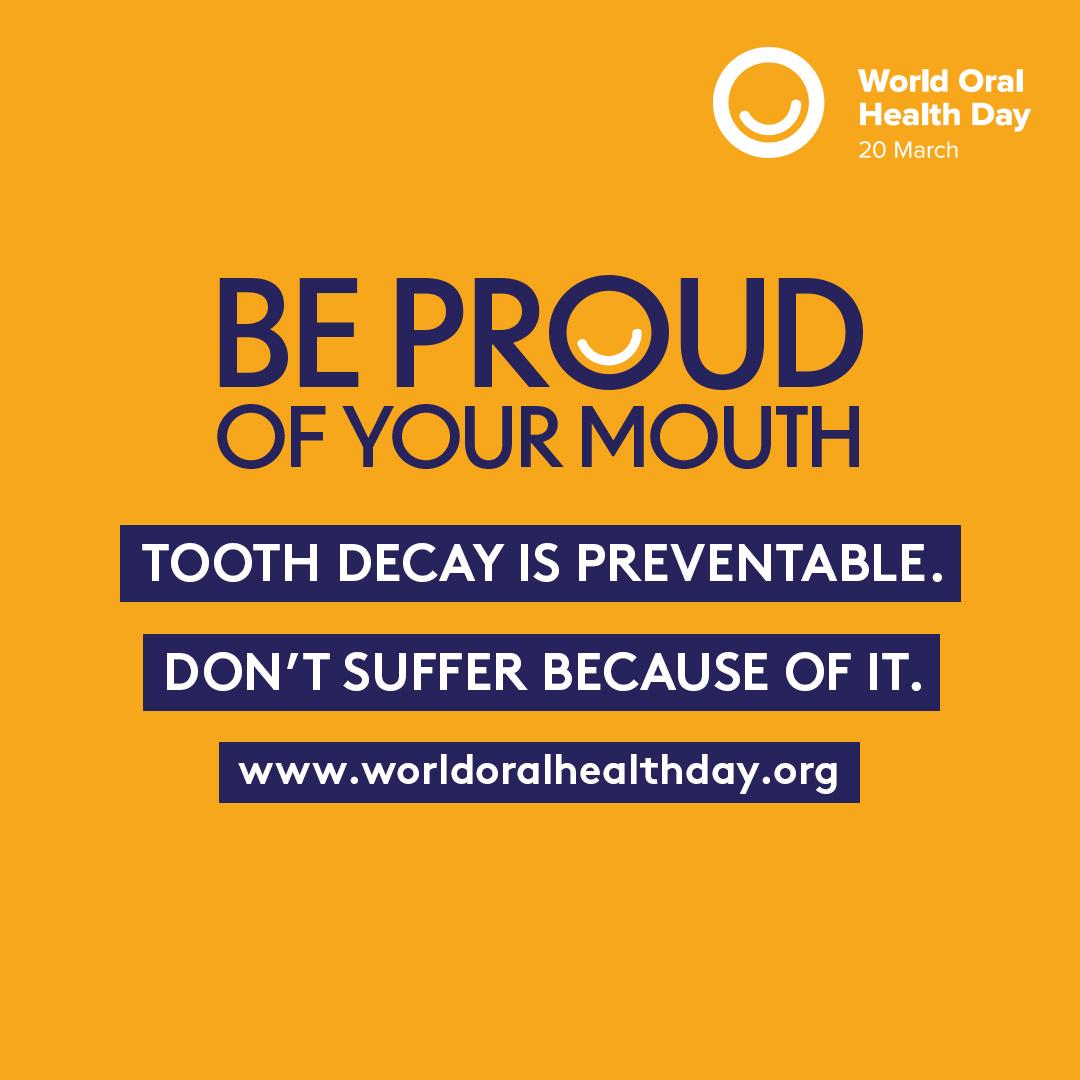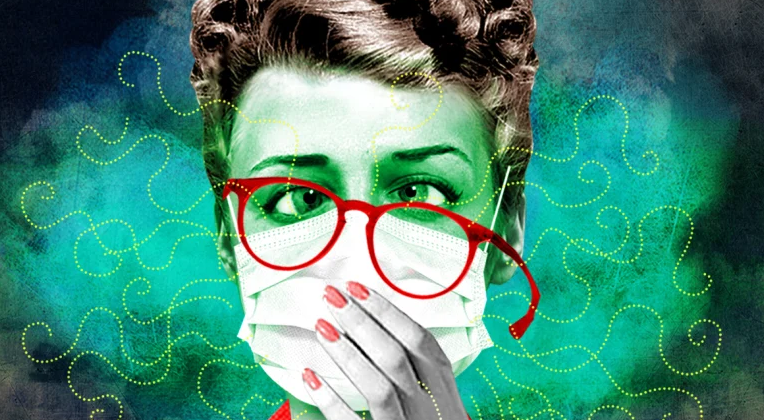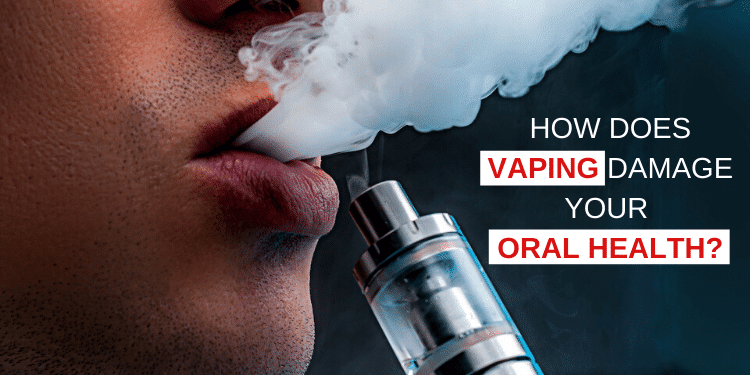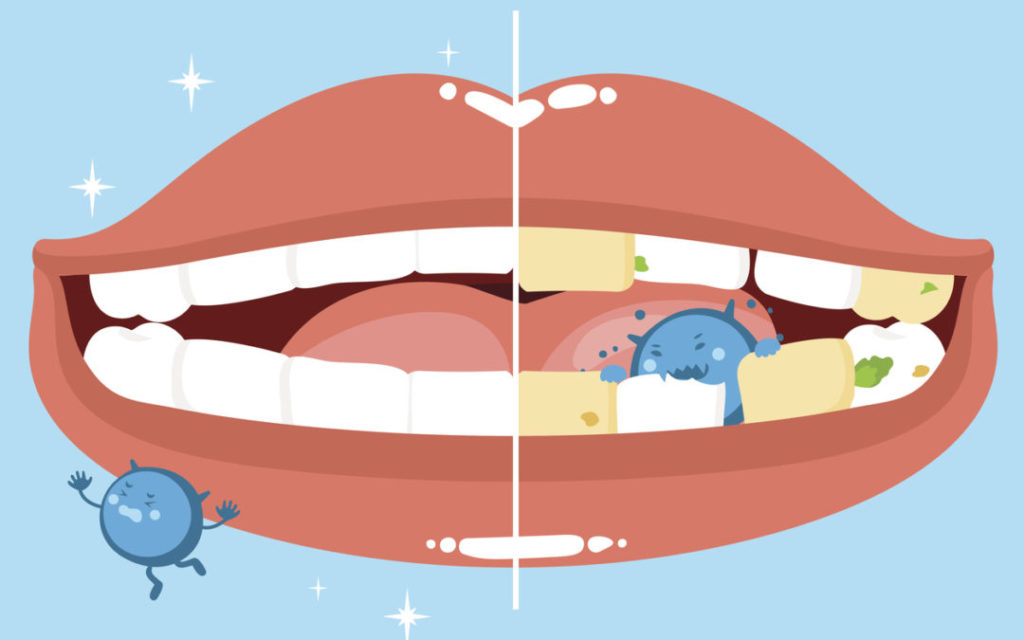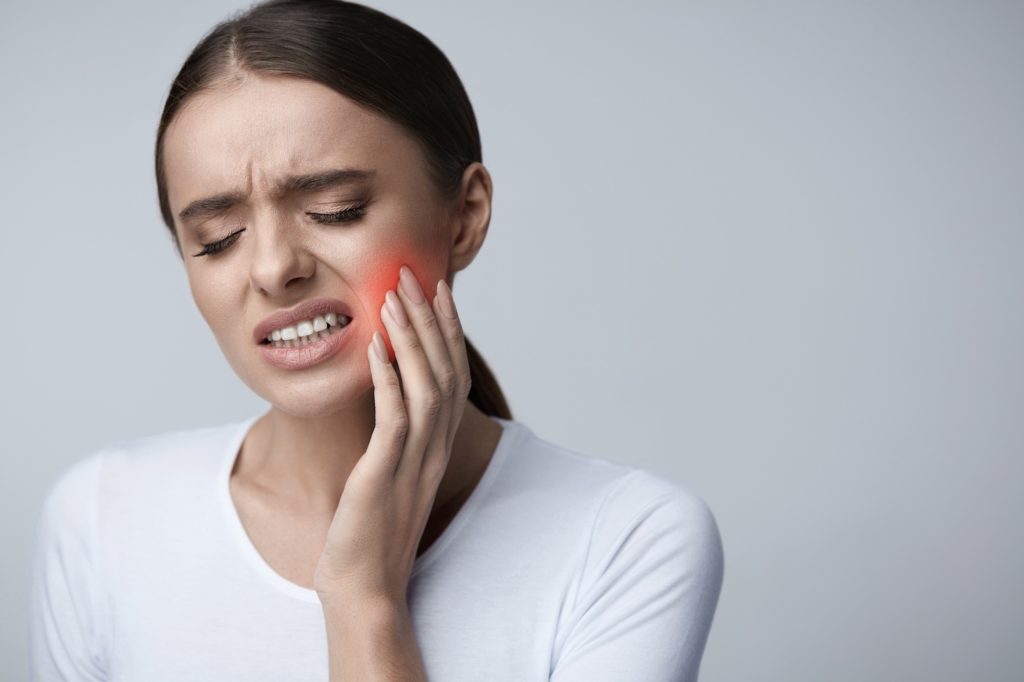As we have discussed in previous entries, your teeth have many natural enemies and while teeth might be tough, that beautiful pearly-white smile of yours certainly needs all the help they can get! That’s why in this entry, we hope to shed some light on one of the most dangerous obstacles that your smile can possibly encounter: a condition known as Gum Disease.
While indeed we have discussed gum disease at great length in some of our previous articles, with a recent spike in oral health problems across the country, (Due to COVID-19 masks causing dry-mouth) we believe it is necessary to reexamine and reevaluate the cause of illnesses such as gum disease in order to prevent this trend from continuing any further!
Related Article: Vaping Causes Gum Disease and Damages Your Oral Health
Gum Disease: Gingivitis Vs. Periodontitis
Although Gum Disease might not sound all that bad at first, it’s important to understand that it is a progressive infection that will significantly worsen over time and may eventually spread throughout the body. Gum disease is split into two different phases: Gingivitis and Periodontitis. While neither of these phases are something to take lightly, to gain a comprehensive understanding of the disease as a whole, it’s important to understand how exactly gingivitis and periodontitis differ, and how each can affect you.
Gingivitis:
As the first stage of gum disease, gingivitis is gum inflammation that occurs when excess bacteria accumulate between teeth and gum line. Typically characterized by swollen or pinkish gums, the afflicted gum line will be tender to the touch and may bleed when brushing or eating.
However, by making a concentrated effort to practicing proper oral hygiene habits, you may reverse the condition thereby slowly forcing the infection to dissipate. While, this can be accomplished without a dentist’s supervision, we highly recommend that you DO consult with your dentist to ensure that the correct measures are being taken.
Periodontitis:
Rest assured, Periodontitis is a word that you never want to hear your dentist say! Periodontitis is the second (and more advanced) stage of gum disease, which occurs when the infection has begun to spread throughout the patient’s mouth and has stated causing irreparable damage.
As our body’s immune system struggles to fight off the infection within the gum line, the toxins and poisons produced by the overflow of bacteria begin to break down the bone and connective tissue. If left untreated and allowed to continue, this could eventually lead to the teeth, gums, or entire jawbone being destroyed!
Additionally, once this advanced disease has reached its latter stage, the likelihood of it triggering additional illnesses or interacting with pre-existing conditions becomes a serious concern, that may even prove to be life-threatening. Learn More about the Health Risks of Gum Disease HERE.
Related Article: Oral Health and Hygiene: Keep Your Immune System Strong
Gum Disease: Don’t Be Another Statistic!
Make no mistake, gum disease IS a nation-wide health crisis with nearly half of all Americans 30 years or older affected by some form of this disease and with the recent increase in oral health-related complications, more people TODAY are at risk of developing Gingivitis and Periodontitis than we’ve seen in recent years.
Fortunately, in the face of such mounting statistics, Dr. Kimes and his staff at Overland Park Dentistry stand ready and willing to oblige when it comes to cutting down such numbers and allowing patients to get back to their lives happy, healthy, and of course, gum disease free! However, we cannot take on such a huge task without your help. By taking time to thoroughly brush and floss at least twice a day, in addition to scheduling your two annual appointments with us at Overland Park Dentistry, a menace like gum disease doesn’t stand a chance!
If you have any concerns about gum disease, or are simply due for your annual checkup, come see us at Overland Park Dentistry and until next time, keep on Smiling!
Local dentist, Dr. Charles R. Kimes, DDS, and his team at Overland Park Dentistry look forward to having the opportunity to care for you and your family with preventative, restorative or cosmetic dentistry. To schedule your dental appointment with your Overland Park Dentist, contact us at our south Overland Park office at (913) 647-8700 or our north Overland Park office at (913) 341-2380.


